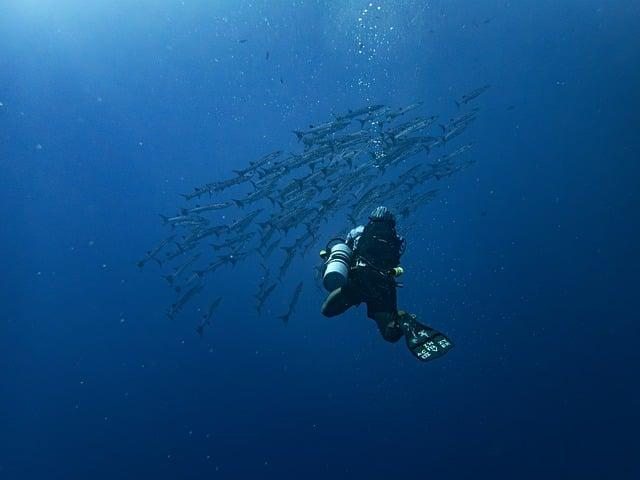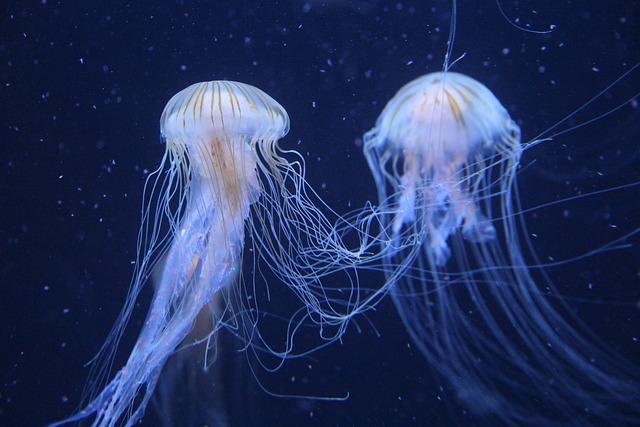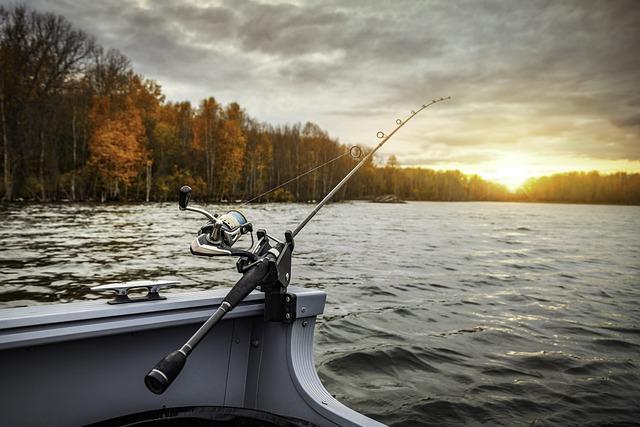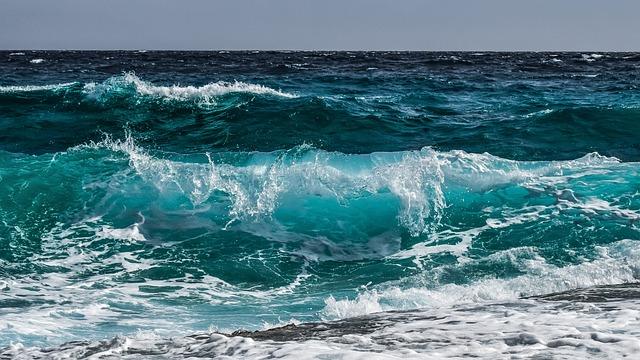- Introduction
- Marine Preservation
- Marine Life Conservation
- Ocean Pollution
- Sustainable Fishing
- Conclusion
- FAQs
Introduction
Oceans cover more than 70% of the Earth's surface and play a crucial role in regulating climate, producing oxygen, and supporting various forms of life. In this article, we will delve into different aspects of oceans in action and explore topics such as marine preservation, marine life conservation, ocean pollution, and sustainable fishing.
Marine Preservation
Marine preservation involves protecting and conserving marine ecosystems and habitats to maintain biodiversity and promote ecosystem resilience. Measures such as establishing marine protected areas, implementing sustainable resource management practices, and reducing human impact on marine environments are vital for preserving the health and functionality of our oceans.

(Image: Pixabay/@Franziska_Stier)
Efforts to protect marine species at risk of extinction, conserve coral reefs, and mitigate the impacts of climate change on marine ecosystems are all essential components of marine preservation strategies. By safeguarding the health of our oceans, we can ensure their long-term sustainability and the well-being of countless species that depend on them for survival.
Marine Life Conservation
Marine life conservation focuses on safeguarding the diversity and abundance of marine species, including fish, marine mammals, sea turtles, and seabirds. Conservation efforts aim to address threats such as overfishing, habitat destruction, pollution, and climate change that endanger marine biodiversity and ecosystems.

(Image: Pixabay/@Persblik)
Implementing responsible fishing practices, reducing plastic pollution, supporting marine sanctuaries, and raising awareness about the importance of marine conservation are crucial steps in protecting marine life. Through collective action and cooperation, we can help preserve the rich and fragile tapestry of marine biodiversity that sustains our planet.
Ocean Pollution
Ocean pollution poses a significant threat to marine environments, wildlife, and human health. Sources of ocean pollution include plastic debris, industrial discharges, oil spills, agricultural runoff, and littering, which degrade water quality, harm marine species, and disrupt marine ecosystems.

(Image: Pixabay/@stevepb)
Addressing ocean pollution requires implementing effective waste management practices, promoting recycling initiatives, reducing single-use plastics, and enforcing environmental regulations to prevent further contamination of marine waters. By curbing pollution at its source and adopting sustainable consumption habits, we can help protect the health and integrity of our oceans.
Sustainable Fishing
Sustainable fishing seeks to balance the ecological, social, and economic dimensions of fisheries to ensure the long-term viability of fish stocks and marine ecosystems. Practices such as setting catch limits, avoiding bycatch, protecting critical habitats, and promoting responsible fishing methods are essential for sustainable fisheries management.

(Image: Pixabay/@K_Malik)
Engaging in sustainable seafood consumption, supporting certified sustainable fisheries, and advocating for transparent and traceable seafood supply chains are key actions individuals can take to promote sustainable fishing practices. By making informed choices and supporting sustainable fisheries, we can help safeguard marine resources for future generations.
Conclusion
In conclusion, oceans in action encompass a broad spectrum of activities and initiatives aimed at safeguarding the health and vitality of our marine ecosystems. By prioritizing marine preservation, marine life conservation, combatting ocean pollution, and promoting sustainable fishing practices, we can collectively contribute to the protection and sustainability of our oceans for generations to come.
FAQs
What are some common threats to marine ecosystems?
Common threats to marine ecosystems include overfishing, habitat destruction, pollution, climate change, and invasive species, which can significantly impact marine biodiversity and ecosystem health.
How can individuals contribute to marine conservation efforts?
Individuals can contribute to marine conservation efforts by reducing plastic use, supporting sustainable seafood choices, participating in beach cleanups, and raising awareness about the importance of protecting marine environments.

